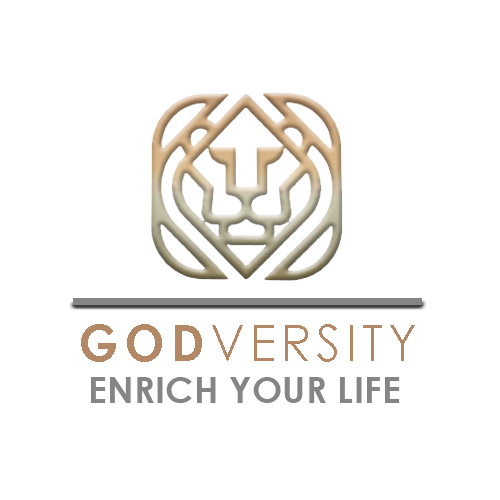Christian Life: Five Things to Know Before Taking Your First Job
- GODVERSITY

- Jun 22, 2018
- 3 min read
Navigating the workforce as a millennial today is tricky. Not only is the economy still in recovery mode, but this satirical YouTube video, like the Millennials in the Workplace Training Video, proves our reputation is working against us.
We also have high standards and expectations. We don’t necessarily want to take the first or highest paying job that comes our way. We want meaningful work. We want fulfilling work.
As the school year comes to a close, graduates enter the most uncertain time in their lives. And unfortunately, advice from campus career centers only takes you so far.
Here are five things I wish I had known before my first full-time job—things that your campus career center won’t tell you.
1. You can’t be anything you want to be.
Most of us were probably told as kids, “If you work hard enough, you can be anything you want to be.” Well, it’s a big fat lie.
But wait, this is good news! God created us all differently. He gave you a unique set of skills and interests that cannot be duplicated. You have a calling that you can’t change.
You can’t be anything you want to be, but the good news is, you can be everything you’re meant to be.
2. Mission fit matters more than job fit.
Forty plus hours per week is an awful lot of time to spend working toward a mission you don’t believe in.
Employers would rather hire someone who is enthusiastic about the mission of the organization but needs skills training over someone who has the perfect resume but isn’t mission-aligned. While job hunting, the most important question you can ask yourself is, “Am I passionate about the mission of this organization?”
Working in an environment where everyone shares the same goal is crucial for the organization’s success and your personal fulfillment.
3. Live to work, but the right way.
It’s the age-old debate: should we work to live or live to work? Some see their work as a toilsome means to make a living while others idolize their careers.
But neither perspective exemplifies a sound theology of work. Work isn’t a curse, but a gift God gave us before the Fall. God created us to work, so if you’re not living to work, you’re missing God’s purpose for your life.
Of course, this doesn’t mean making work the center of your life, but rather recognizing that your work has eternal significance.
When we view our work as a tool God gave us to fulfill the cultural mandate so that we might flourish, “living to work” takes on a much deeper, theological meaning.
4. Be entrepreneurial.
One of the biggest mistakes you can make in your first full-time job is to assume a passive role, only doing what you’re told to do.
But don’t be afraid to present your ideas just because you’re an entry-level employee. No matter what position you’re in, you have an opportunity to offer something new because you are unique and wired differently from your coworkers.
If you see something that can be improved, do something about it. Suggest a more efficient process or a new project idea. Not only will you gain respect from your boss and coworkers but you’ll contribute real value to your workplace and the world around you.
5. Tedious tasks are tremendously meaningful.
Can copying papers, mailing packages, and organizing filing cabinets change the world?
Definitely. Seemingly insignificant tasks can create a huge amount of value for your organization, whether you see it or not. It used to take hundreds of years to build cathedrals in medieval times. The worker who laid the cornerstone never lived to see the steeple.
Be okay with the fact that you won’t always see the finished product of your work or the full impact of the little things you do every day. You will experience drudgery, but in God’s eyes, there is no such thing as menial work.
Keeping in mind that God has a purpose for even the most (seemingly) mundane tasks makes filling out expense reports seem a lot more important.
Editor’s note: Check out Elise’s complete article over at Relevant magazine. View our related former posts that are worth revisiting. This post was first published on May 5, 2014.
Elise Daniel is a contributing writer for the Institute for Faith, Work & Economics. She has previously worked with the Values & Capitalism project at A.E.I. and the Acton Institute. Her articles have been published in Real Clear Religion, The Detroit News, Relevant Magazine, and AFF Doublethink. She has a BBA in Economics from James Madison University.




Comments